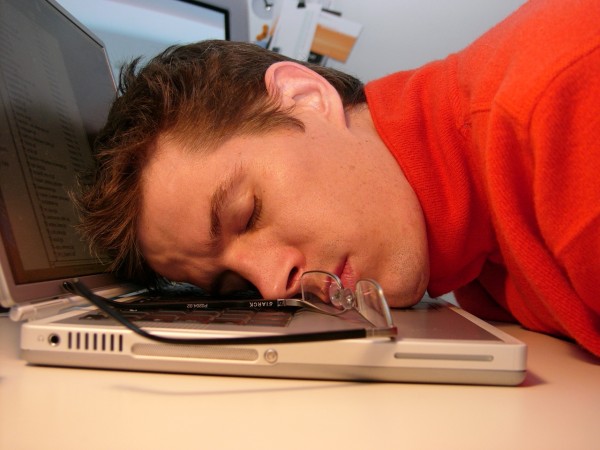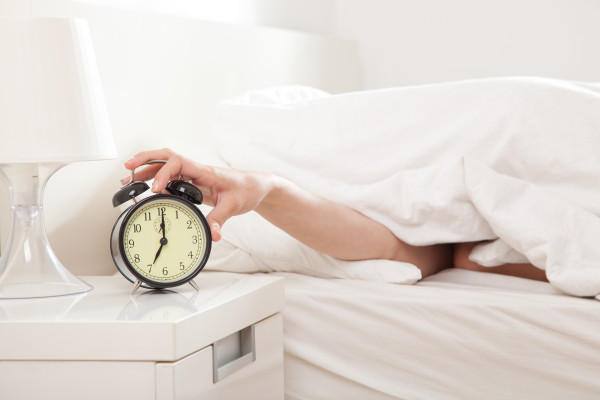Lack of sleep: causes and consequences
Now the problem of lack of sleep is very widespread. Many people, both young and older, cannot sleep well. As a result, a feeling of tiredness quickly sets in and the person cannot lead a fulfilling life.
Causes of lack of sleep
If the duration of sleep is insufficient, a person is not able to get adequate rest. This also includes disturbing sleep and nightmares. In this state, the individual quickly falls asleep, but sleeps superficially and for a short time.
 It often happens that the person himself is to blame for the difficulties with sleep. It is not always possible to properly organize your daily schedule, a person cannot plan rest and working hours. This suggests that watching a movie at a later time, long conversations with girlfriends and numerous activities take up time from proper sleep. But in the morning need to get up and go to work. If such violations regime occur constantly, then over time the body will get used to it and get involved. Fatigue will continue to accumulate and over time will begin to manifest itself as feeling unwell.
It often happens that the person himself is to blame for the difficulties with sleep. It is not always possible to properly organize your daily schedule, a person cannot plan rest and working hours. This suggests that watching a movie at a later time, long conversations with girlfriends and numerous activities take up time from proper sleep. But in the morning need to get up and go to work. If such violations regime occur constantly, then over time the body will get used to it and get involved. Fatigue will continue to accumulate and over time will begin to manifest itself as feeling unwell.
Among the main causes of sleep disturbance are the following:
- Nervousness.
- Stress.
- Late meals.
- A lot of time at the computer.
- Stuffy air in the bedroom.
- Exposure to certain medications.
The consequences of lack of sleep
Gradually, tiredness from lack of sleep will begin to manifest itself in various health conditions. Most often, lack of sleep affects the metabolism. Metabolism becomes slower, gradually the weight begins to increase. There is material confirmation of this - people who are forced to work at night often have problems with being overweight.
 Often, the lack of time for a good rest is associated with a too busy work schedule. Such a regime is exhausting and affects health. The cardiovascular system is very often affected.
Often, the lack of time for a good rest is associated with a too busy work schedule. Such a regime is exhausting and affects health. The cardiovascular system is very often affected.
Lack of sleep affects the appearance of a person. The production of melanin deteriorates in the skin, so it becomes dry, flabby, rashes and bags around the eyes appear. The human reproductive system also suffers. In women, libido decreases, and men get problems with potency.
Poor sleep can even provoke the onset of a disease such as diabetes. This has been confirmed by numerous studies that have found that with a lack of sleep, glucose levels rise significantly.
Not getting a good night's sleep affects attentiveness and human activity. This can lead to serious errors in work. Sometimes the lack of proper rest even causes hallucinations. This is how the lack of sleep manifests itself on the activity of the brain.
How to get enough sleep
To get a good sleep, start by organizing your sleeping area. Warm colors from a neutral range contribute to a good and quick fall asleep. Therefore, decorate your bedroom in beige or brown. But you should refuse bright colors and a lot of electric lighting.
The mattress and pillow should also be comfortable. It is best to sleep on an orthopedic mattress and the same pillow. They give the body a normal position in which it is best to get enough sleep.
Going to bed requires special preparation. Make it a rule to take a warm shower or bath before bed. You can use shower gel or aroma oil, foam, or something else with a pleasant scent for this. It is better to wear pajamas made of soft natural fabric that does not constrict the body.
 Drink some warm milk or a drink made from honey, lemon juice and hot water before bed. When you go to bed, turn off the lights and create silence. Before going to bed, you should not pay attention to the TV and computer.
Drink some warm milk or a drink made from honey, lemon juice and hot water before bed. When you go to bed, turn off the lights and create silence. Before going to bed, you should not pay attention to the TV and computer.
Close your eyes and try to distract yourself from all problems so that extraneous distracting thoughts do not bother you in your sleep. To outsiders noises you are not distracted, close all the windows well, and, if necessary, the doors too.
Go to bed before midnight. Don't forget that your most valuable sleep time lasts until 12 o'clock at night. To fully recover, a person needs about 7-8 hours of normal sleep.


